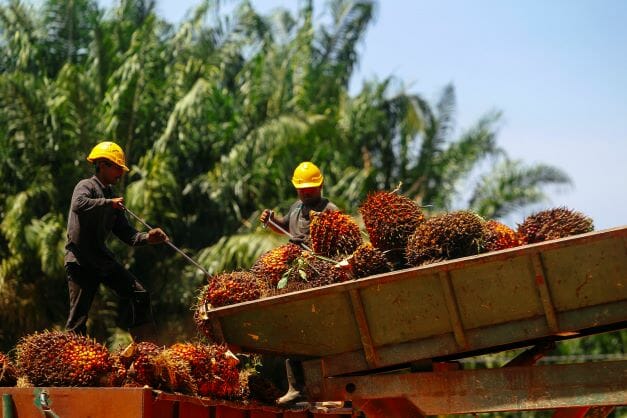The agricommodity sector has contributed RM61.3 billion to the country’s Gross Domestic Product (GDP) up until the third quarter of this year, said Deputy Prime Minister Datuk Seri Fadillah Yusof.
Fadillah, who is also the Minister of Plantations and Commodity, said the sector also recorded a total export of RM160.6 billion and provided job opportunities for almost one million Malaysians.
The Deputy Prime Minister said he would hold a meeting with agricommodity industry players next week to look at several matters and the entire supply chain, including exports and supplies.
On the challenges faced by the sector, he said one of them is its dependence on foreign labour, in which if there is a worker shortage, it will also affect revenue and exports.
We will identify the whole thing and then consult with the ministries involved such as the Ministry of Human Resources or the Ministry of Foreign Affairs, to come up with a strategy that takes into account our production, the export market, and downstream products, he told reporters after the Institute of Malaysian Plantation and Commodities (IMPAC) convocation today (Dec 15).
Fadillah said the government was aware that continued dependence on foreign labour could affect the plantation sector, especially the palm oil industry, in the long run, adding that as of Oct 30 this year, a total of 150,608 foreign workers were reported working in the plantation sector.
As such, he said short-term and long-term courses to increase awareness and skills in the use of machinery should be intensified to ensure the use of machinery in the plantation reaches an optimum level as well as to improve productivity and reduce dependence on foreign labour.
Fadillah also said that mastering technologies based on the Industrial Revolution (4IR) will also ensure the younger generation involved in the plantation and commodity industries has the necessary skills to keep up with current technological developments.
The use of technology can also produce smart smallholder farmers who are able to adopt modern farming methods and innovate, apart from increasing the competitiveness of Bumiputera entrepreneurs in downstream industries, he said.
Fadillah said the Technical Education and Vocational Training (TVET) ecosystem also needs to be strengthened through collaboration with stakeholders to enable the development of competitive national agricultural commodities in line with the growing gig economy.
A strong TVET ecosystem in the plantation and commodity sectors will enable the country to address persistent problems such as dependence on foreign labour. The initiative can lead to a flexible labour market and further contribute to improving the living standards of the people, he said.









